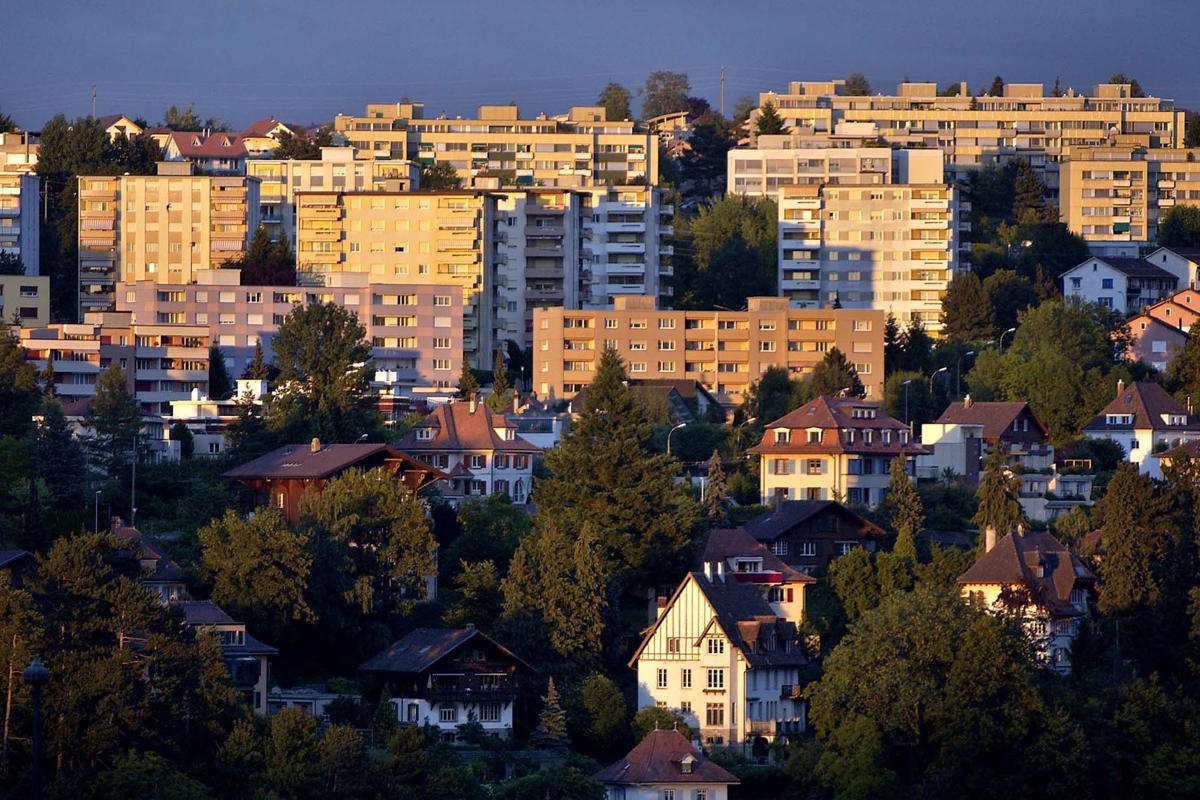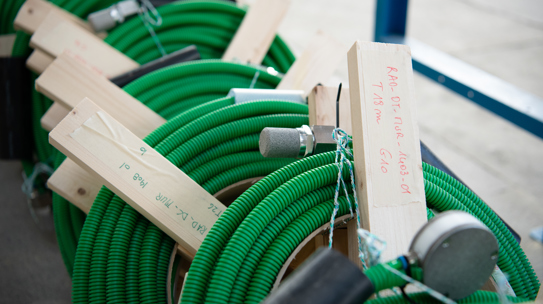- Research projects : /en/applied-research/institutes/transform/research-projects/
- Equipment : /en/applied-research/institutes/transform/equipment/
- Team : /en/applied-research/institutes/transform/team/
- Agenda : /en/applied-research/institutes/transform/agenda/
- News : /en/applied-research/institutes/transform/news/
- Research projects : /en/applied-research/institutes/transform/research-projects/
- Equipment : /en/applied-research/institutes/transform/equipment/
- Team : /en/applied-research/institutes/transform/team/
- Agenda : /en/applied-research/institutes/transform/agenda/
- News : /en/applied-research/institutes/transform/news/
TRANSFORM

TRANSFORM is the only research institute in Switzerland to adopt transformation as its innovation theme, even though half of all professional building contracts entail a transformation of some kind. TRANSFORM therefore plays a critical role in bridging the gap between academic research and professional practice.
Transformation can be understood as change, adaptation, optimization, variation, evolution and transition. Transformation projects come in a variety of forms, including renovations, restorations, extensions, conversions and redevelopments. What all of these forms have in common is the emphasis on giving value to what already exists.
The TRANSFORM institute is a member of the Smart Living Lab, a research and development center dedicated to developing the habitats of tomorrow.
Transformation of the built environment
A low-tech approach to innovation
A diverse set of competencies
« The city of the future is already here. The challenge is to transform it and to adapt the existing building stock so we can maintain a quality of life while protecting natural resources. »
Research Areas
TRANSFORM has the goal of establishing a dynamic equilibrium between the competing demands of habitable space, technical progress, and the human factor, while integrating an optimal use of available means and resources.
Structural and territorial heritage
- Adaptations that preserve heritage
- Designing transformations of urban or rural areas that are respectful of their identity
Architecture and energy
- Integration of innovative technologies in building construction
- Promoting the use of simple construction processes
- Design methods that minimize damage from construction
Place-user interactions
- Defining the right architectural typology for every user profile
- Designing spaces to accommodate new or special needs as well as health conditions
- Active monitoring of new construction materials
Services
- Case studies
- Process analysis
- Project evaluation (both technical and social)
- A wide range of other services for projects ranging from single buildings to urban planning
Facilities
The PopUP Workshop is a space for construction and architectural experimentation in the context of research and teaching. Located next to the Smart Living Lab, the PopUP Workshop’s uniquely spacious facilities and state-of-the-art equipment enable the creation of prototypes, building elements (façades, roofing, structures), and even entire buildings at large scale (1:1).
News
Calendar
No events
Contact
Séréna Vanbutsele
Full Professor UAS/Institute Head
Office
BFA_43C


